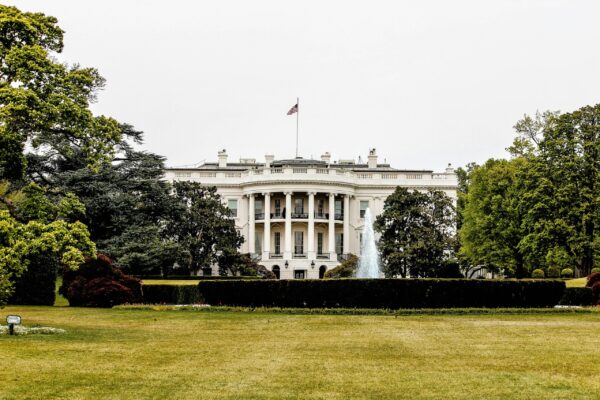This week’s highlights showcase the transformative power of AI in government. The General Services Administration (GSA) has launched a framework to expedite FedRAMP authorization for generative AI, enhancing federal operational capabilities. The State Department, led by Secretary Antony Blinken, is leveraging AI to improve diplomatic efficiency, focusing on human oversight. CIA AI Director Lakshmi Raman discusses using generative AI for intelligence-gathering while balancing innovation and security. Washington State AG Bob Ferguson has formed a task force to explore AI’s impact, aiming for comprehensive public policy and risk management. Montgomery County, Maryland, introduces Monty 2.0, an AI chatbot improving local government service delivery. These initiatives underscore AI’s pivotal role in advancing government functions.
GSA Unveils Framework to Fast-Track Generative AI in FedRAMP
The General Services Administration (GSA) has introduced a new framework to expedite FedRAMP authorization for generative AI technologies following the Biden administration’s 2023 executive order on AI. This framework will prioritize chat interfaces, code-generation and debugging tools, prompt-based image generators, and APIs integrating these capabilities. Vendors can apply for prioritization through two forms until August 31, with selected technologies announced by September 30. The initiative aims to integrate modern AI tools into the FedRAMP Marketplace, enhancing federal agencies’ operational capabilities.
State Department Leverages AI to Enhance Diplomatic Efficiency
The State Department, under Secretary Antony Blinken, has significantly embraced artificial intelligence to improve efficiency and enhance face-to-face diplomacy. Blinken emphasized that AI is a complement, not a replacement, to human work, enabling diplomats to focus on essential interpersonal engagements. AI applications at the State Department include an AI media monitoring platform projected to save 180,000 hours, advanced translation capabilities, air quality monitoring, and expedited report processing. Blinken and other officials highlighted the importance of human oversight in AI usage to ensure accuracy and uphold diplomatic integrity.
CIA Director of AI Discusses Future Integration of Generative AI
The CIA is utilizing generative AI for various intelligence-gathering activities, including open-source triage, translation, transcription, and natural language querying. During a keynote at the Amazon Web Services Summit, Lakshmi Raman, the CIA’s director of AI, highlighted the role of AI in enhancing efficiency and supporting human analysts. The agency is focused on creating a supportive environment for AI, addressing risks, and ensuring the technology is used safely and accurately. Raman envisions AI becoming integral across the CIA’s directorates, enhancing the agency’s capabilities without replacing its workforce.
New Task Force to Guide Washington State’s Use of Generative AI
Washington State Attorney General Bob Ferguson has appointed 18 members to a new task force to study the impact of generative AI on the state. This task force, including government, academia, and industry representatives, will recommend guiding principles, identify high-risk AI applications, and address public policy concerns like bias and workforce threats. The task force aims to create a comprehensive report by July 2026, parallel to state agencies’ efforts initiated by Governor Jay Inslee’s executive order to explore AI’s potential and risks.
Montgomery County Leads with Innovative AI Chatbot Monty 2.0
Montgomery County, Maryland’s chatbot, Monty 2.0, showcases the effective application of generative AI in local government. Led by Shayna Taqi, the project has significantly improved customer service by expanding the chatbot’s capabilities to handle over 3,000 topics in 140 languages. Initially launched during the COVID-19 pandemic to reduce wait times, Monty 2.0 now uses advanced AI technologies to facilitate efficient and multilingual resident interactions. The project exemplifies best practices in AI implementation, emphasizing continuous improvement based on resident feedback and robust technological support.









